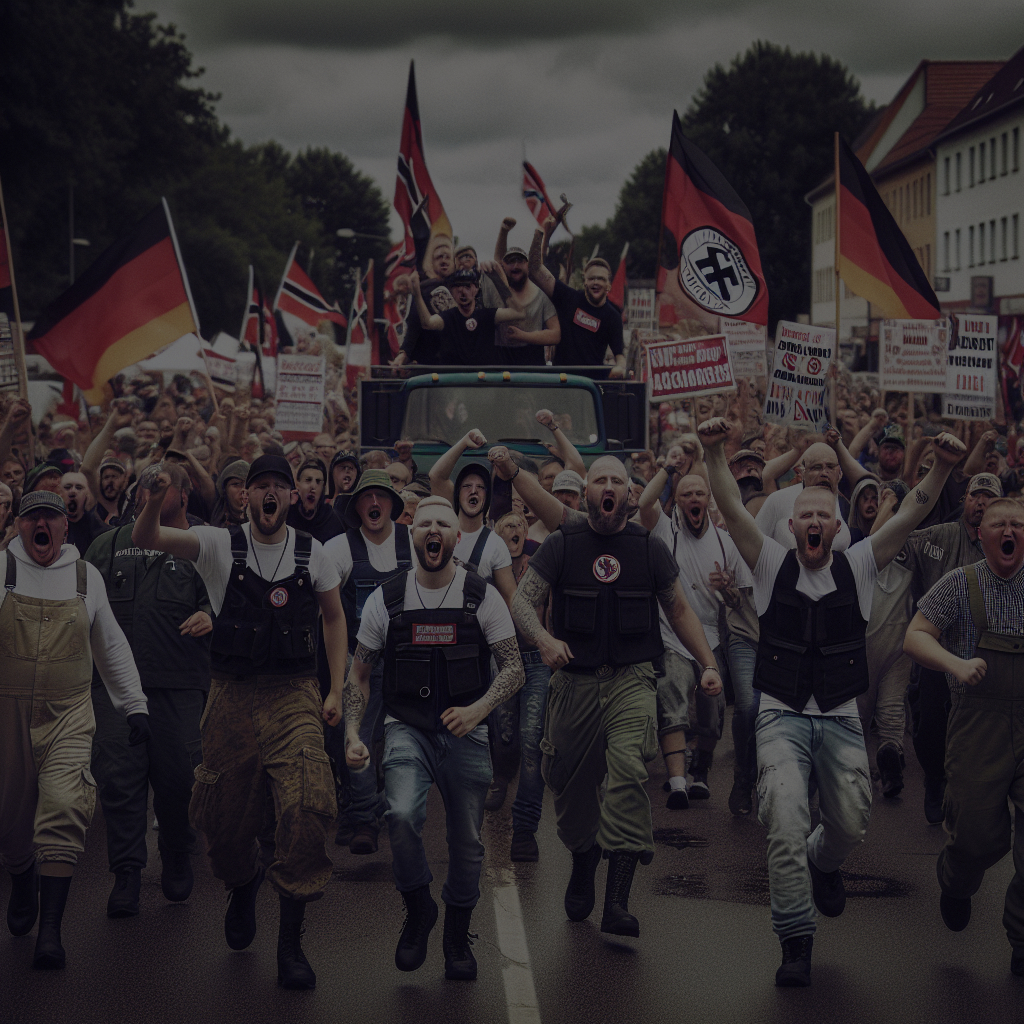Rural Pride in Germany Faces Far-Right Obstacles
Massive Queer Mobilization Amid a Growing Climate of Tension
This weekend, Berlin is expected to welcome nearly 500,000 attendees for Christopher Street Day (CSD), Germany’s largest LGBTQIA+ event. Yet, the celebration was nearly canceled earlier this year due to significant financial setbacks. Several major sponsors—particularly from the U.S.—withdrew their support, citing the growing anti-woke backlash in American political and corporate spheres after Donald Trump’s re-election. As of May, the organizing committee still lacked €200,000 to fund the event. A last-minute crowdfunding campaign made it possible to keep CSD on the calendar.
Rainbow Flag Forbidden at the Bundestag
For the first time, the German Parliament will not fly the rainbow flag during CSD celebrations. Bundestag President Julia Klöckner (CDU) defended her decision by emphasizing the need for political neutrality within the institution. The move sparked nationwide criticism, even provoking a strong reaction from Chancellor Friedrich Merz (CDU), who compared the Parliament to a “circus tent.” This debate highlights a broader political shift in both Germany and beyond, where the climate is becoming less welcoming for LGBTQIA+ visibility.
Rainbow Resilience in Eastern Countryside
The LGBTQIA+ community is also under pressure in rural eastern Germany. Last year, dozens of Pride marches in these areas were disrupted by neo-Nazi groups—with incidents including verbal and physical assaults, flag burnings, and security-related event cancellations. In response, local queer activists have established a solidarity network under the banner: “We are the Colorful Hinterland!”, aiming to reclaim their space and voice.
Fifty+ Pride Marches Set for Summer
This new grassroots network is organizing around 50 regional Pride events stretching from spring into fall. “As East German queer communities, we’re raising our voices for those who can’t safely do so,” reads their declaration online. The aim is to offer visible, supportive spaces—especially in towns where fear and far-right intimidation force many to hide their identities. Every weekend, activists are traveling to small towns, many dominated politically by the far-right AfD party, to show up and stand proud.
Support Rolling in From Berlin
Initiatives in Berlin are helping to amplify the movement in rural zones. One such group, Pride Soli Ride, helps organize transport for activists wanting to join events in more isolated areas. Another platform, CSD verteidigen (“Defend CSD”), connects people so they can travel together safely to marches. Their message is clear: “Together we will confront the fascist threat,” reads one of their latest Instagram posts.
Violence and Threats Persist
Despite growing solidarity, attacks continue. In June, a dozen masked neo-Nazis assaulted participants at a Diversity Festival in Bad Freienwalde, a town near the Polish border. In early July, an LGBTQIA+ demonstration in the suburb of Falkensee took place under the shadow of a nearby far-right protest.
Eastern activists remain undeterred. Their calendar of events stretches through October 25, with the final CSD of the season slated for Cottbus, close to Poland. In this tense political climate, Germany’s queer community is staying strong and united—now well aware that their resilience and progress rest largely on their own collective strength.




Deja una respuesta